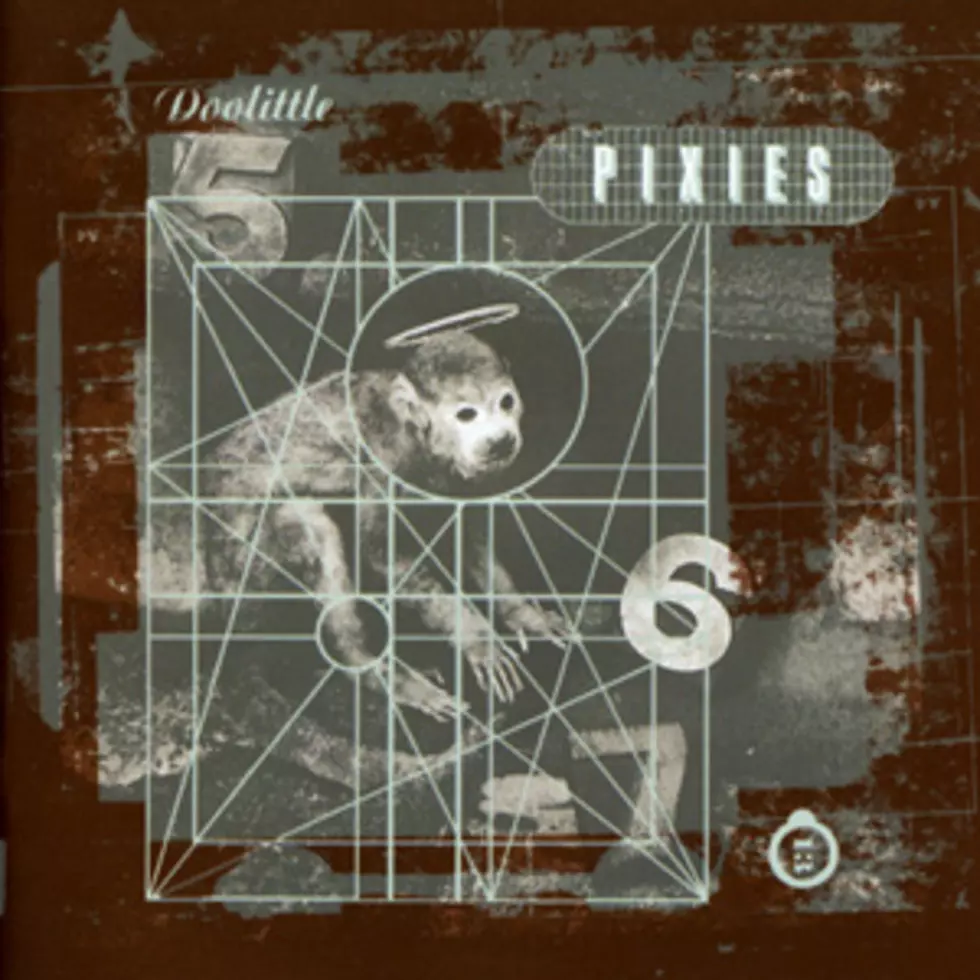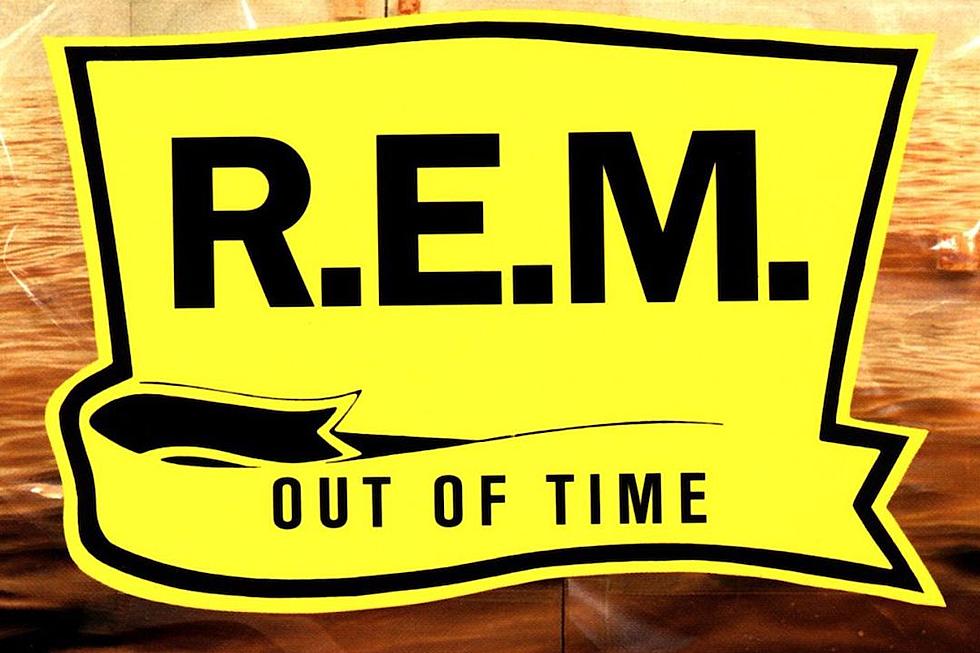
24 Years Ago: The Pixies’ ‘Doolittle’ Album Released
As groundbreaking and as influential as ‘Surfer Rosa’ is today, the Pixies’ 1988 debut album wasn’t a hit. Not even among music snobs, because most critics ignored it when it came out. But by the time the follow-up record, ‘Doolittle,’ was released on April 18, 1989, the Boston band was buzzing in all the right indie-rock circles. ‘Surfer Rosa’ was brittle, abrasive and noisy in an art-punk way that reflected the young band’s inexperience in the studio. ‘Doolittle’ softened the edges a bit, toned down the art-punk parts and goosed the melodies. It was a hit.
And like ‘Surfer Rosa,’ it’s now a classic record from the era, a formative college-rock album that shaped the countless artists who heard it. The Pixies played around with the loud-soft dynamic that would define so much of their music on the Steve Albini-produced ‘Surfer Rosa.’ But working with Gil Norton on ‘Doolittle,’ they refined that sound, feeding songs like the modern-rock hit ‘Here Comes Your Man’ with their brand of controlled chaos.
It’s not all under control, though. ‘Crackity Jones’ is one-and-half minutes of punk combat, and the opening ‘Debaser’ – Black Francis’ surreal musical reworking of master surrealists Luis Buñuel and Salavador Dalí’s short film ‘Un Chien Andalou’ – never really makes room for anything other than loud, fractured art-rock. But for the most part, ‘Doolittle’ is tighter, more focused and more tuneful than ‘Surfer Rosa,’ especially on the surprisingly catchy ‘Monkey Gone to Heaven.’
‘Doolittle,’ which celebrates its 24th anniversary today, reached No. 98 and eventually went gold (‘Surfer Rosa’ didn’t chart). Both ‘Here Comes Your Man’ and ‘Monkey Gone to Heaven’ went Top 5 at modern rock, setting up the Pixies’ next few years as alt-rock royalty. They released two more albums that mined similar territory before breaking up in 1993. By that time, the band and ‘Doolittle’ helped shape an indie-rock revolution.
Watch the Pixies' Video for 'Here Comes Your Man'
More From Diffuser.fm









